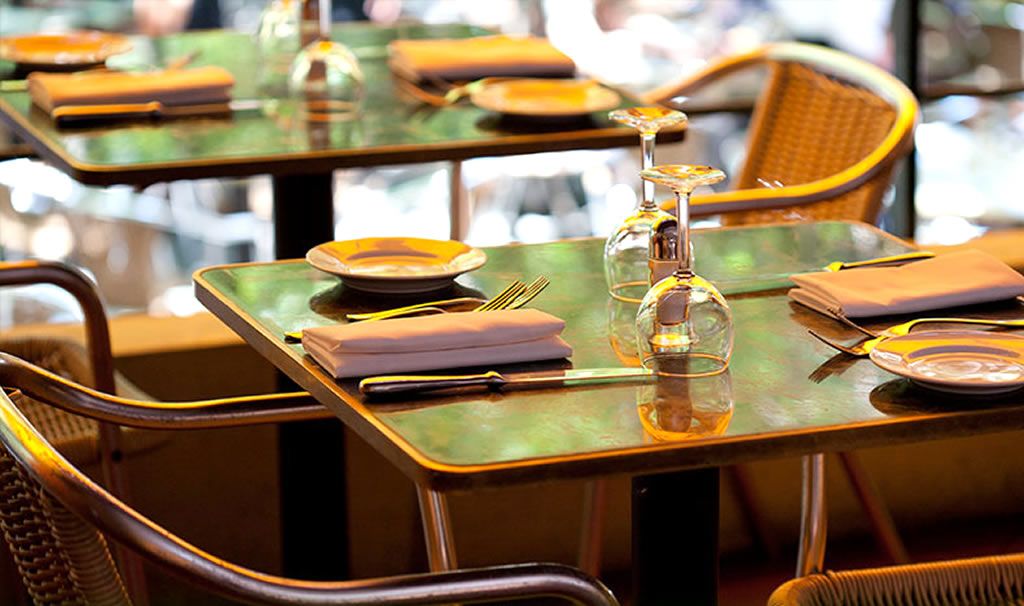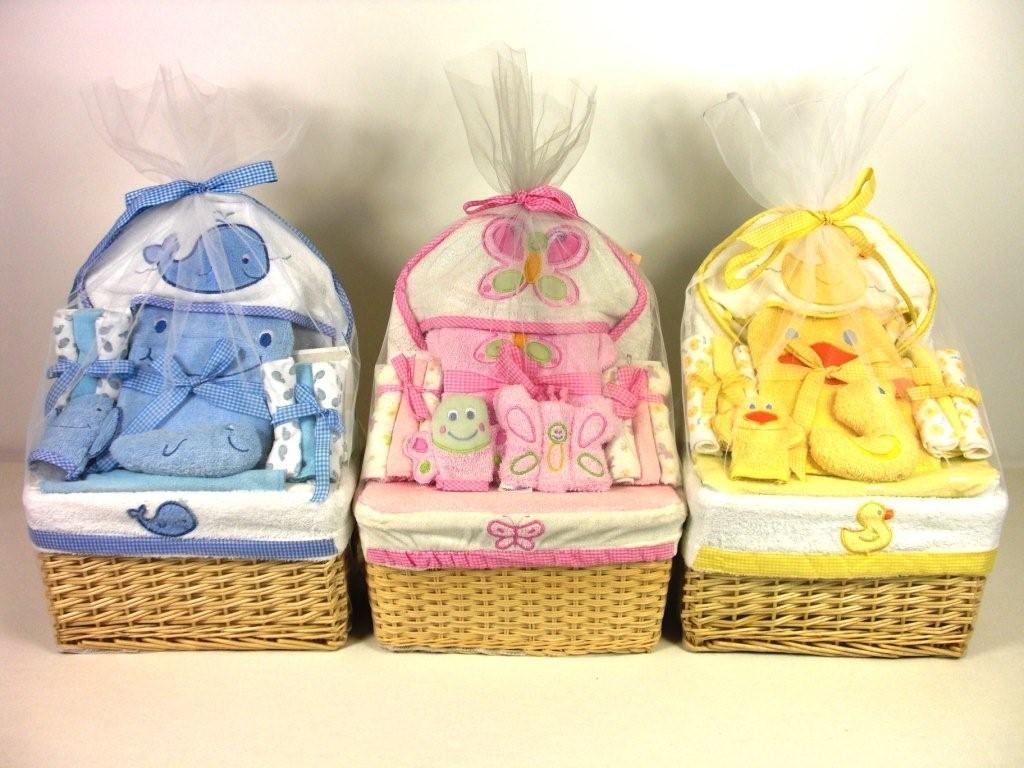Opting for Exotic Restaurant Furniture to Stand Out
Anyone who has invested any amount of money into a restaurant would know that the main problem they are going to face involves standing out in this highly saturated market. No matter what type of cuisine you are thinking to offer, and regardless of how high the quality of your food and ambiance might be, there is a pretty good chance that someone or the other would be offering more or less the same thing. Hence, your main priority, at least during the initial stages of your business, should be to figure out how you can separate yourself from the rest and draw in a much bigger crowd.
A popular choice for the avid restaurateur would involve serving up exotic cuisine. This usually works well since most people are tired of the same old western-style food they have been eating all their lives, and consumers generally tend to be more likely to give exotic cuisine a shot. What’s more, is that exotic food can usually be priced with a higher markup since a lot of customers don’t mind paying more as long as the food they are getting is in some way unique or exciting.
While all of the holds above, for the most part, restaurant owners that try to branch out into exotic cuisine often make a fatal error that significantly restricts their ability to find success in the first place. This error is that they offer a very run-of-the-mill and bland restaurant furniture setup. This is pretty surprising, and it indicates that restaurateurs experimenting with foreign and exotic foods from around the world are restricting their innovation to the food itself rather, which is odd when you consider that most customers go to restaurants for a lot more just food.
If you plan to serve cuisine that hails from a more exotic part of the world, you might want to try and incorporate a furniture setup that conforms to this aesthetic type. One great way to do such a thing would be to match the furniture to your serving food. For example, if you are offering Chinese food, your furniture can have a very Chinese aesthetic.
It can sometimes be challenging to wrap your head around what the culture of a specific nation might prefer in terms of furniture. The good news is that you don’t need to cater to the culture itself. Instead, you need to try and offer a palatable version of that culture to your customers, which means that there isn’t any reason for you to get super specific in this regard. As long as your cuisine is relatively authentic, you can take a few artistic or aesthetic liberties regarding the furniture that your patrons will be sitting and dining on.
Hence, instead of fretting over whether or not your furniture conforms to what people in your cuisine’s country of origin tend to opt for, it would be best if you go for an approximation of that aesthetic. Taking the example of Chinese cuisine further, you could opt for a broad East Asian aesthetic instead of decidedly Chinese. This would be unlikely to offend anyone’s sensibilities, too, since, for the most part, restaurants in relative geographic proximity to one another, even on a national scale, tend to incorporate design elements that are at least somewhat similar to one another.
That said, you shouldn’t take this as a sign that homogeneity is no big deal. Just because something is Asian doesn’t mean that it would fit with an East Asian vibe, for instance. Furthermore, a common reason for restaurants offering ethnic or otherwise exotic cuisine not getting the chance to become profitable is that they refuse to do even the barest research regarding their furniture. This leads to the restaurant experience seeming inauthentic, something that can really harm your reputation down the line and negatively impact your restaurant’s ability to turn a profit indeed.
Instead of furnishing your restaurant based on broad aesthetics based on continents and the like, try to establish your furniture on somewhat tight geopolitical and cultural spheres. For example, customers would feel rather uncomfortable in a restaurant that serves noodles and stir-fries but has Arab or Indian style seating arrangements, after all. Errors like this can spread like wildfire over social media, and they can often result in your restaurant becoming the subject of ridicule. Maintaining your public image will always be one of the most important aspects of running your eatery, so this is something that you would most definitely want to keep in mind.
We are trying to say here that your furniture and your food tend to go hand in hand. Treating your restaurant as a holistic experience rather than just a hole in the wall that serves food to people can do you a world of good. Authenticity is the name of the game these days, and customers would jump at the chance to disparage a restaurant trying to cash in on a nation’s cultural heritage without paying respect to the actual culture of said nation.
It’s all about trying to respect the people whose ideas you are borrowing and implementing. There is nothing inherently wrong with any cultural exchange, but it needs to be done respectfully at the end of the day so that said culture is represented in a way that its members would approve of. Choosing the right furniture is a crucial aspect of this sort of thing.












